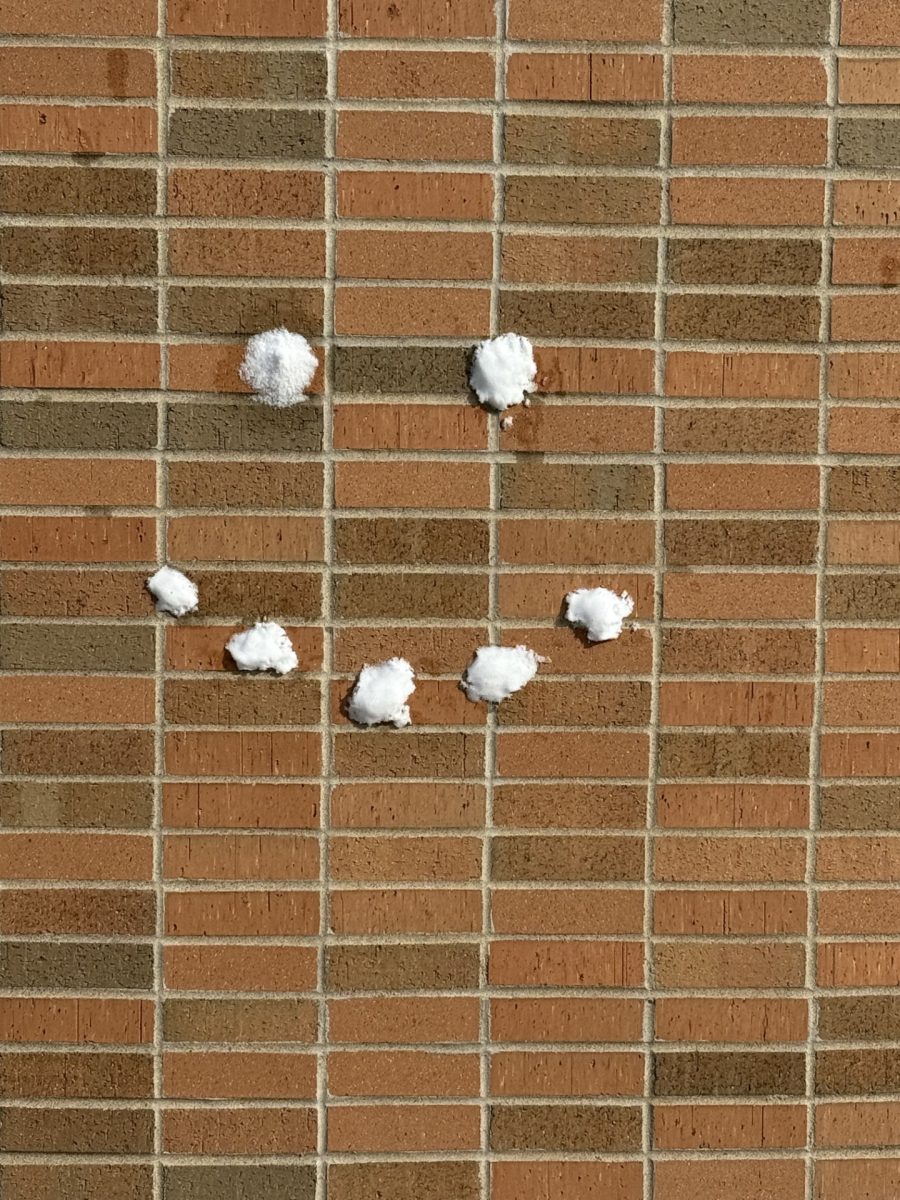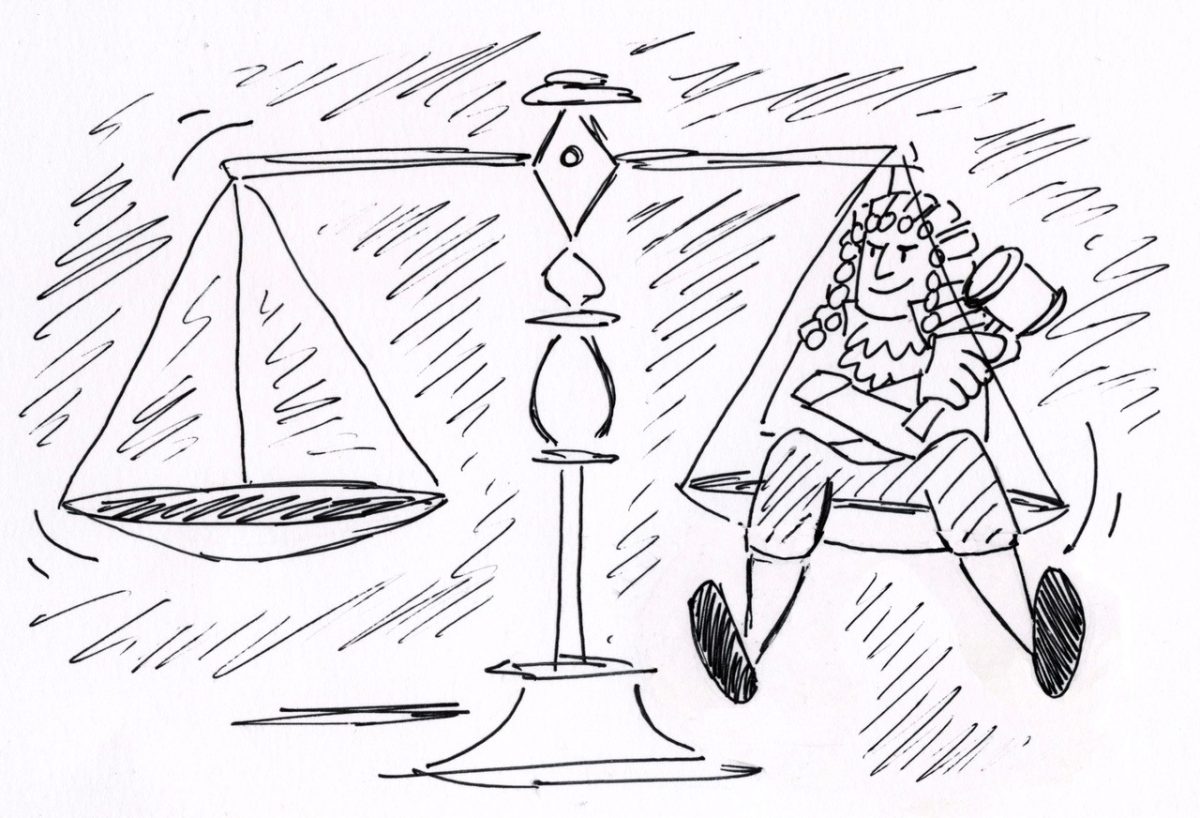In August of 2024, the Sioux Falls School District created the Cell Phone Committee, a group with the objective of surveying principals, teachers, students and parents about cell phone usage. The resulting study had approximately 12,100 responses and led the committee to recommend in April 2025 that cell phones be banned during class periods at high schools, but not during passing periods or lunch. The Sioux Falls School Board then reviewed the findings and recommended that passing periods be included in the ban. This addition was mainly made to stop students from being on their phones at the beginning of class.
“Every 50 minutes, teachers are going to have to be reminding students [to put their phones away] because they have their phones out for seven minutes,” said then School Board President Carly Reiter at a school board meeting.
Finally, in May 2025, the policy was passed and set to be enforced in the following school year.
The policy in Sioux Falls follows a broader national trend toward limiting cell phones in schools. According to the National Center for Education Statistics, 55 percent of high schools in the U.S. have bans on cell phones, with 38 percent of those including places outside of class, such as hallways and extracurriculars. In February 2025, the South Dakota state legislature passed a concurrent resolution that recommended school districts implement phone policies. However, despite increasing restrictions on phones being the status quo of school systems in the U.S., the new policy has nonetheless polarized students and staff.
In the student body, the general consensus is negative. The main contention they have is that the policy is too broad and punishes those who do not have an issue with phones, along with those who do.
“Students who are distracted by their phones are causing their own detriment, but now the students who didn’t misuse theirs are now also being controlled. It is a natural consequence for those who use phones in class that their grades may suffer. I just don’t feel like everyone needs to be controlled because it wasn’t an issue that every student had, or every teacher couldn’t control,” said senior Isabella Larson.
“I can understand no phones in the classroom as it can be seen as a distraction, but there should be no need to ban phones in the hallway because we’re not learning in the hallways,” said sophomore Claire Pliska.
Many have also questioned how effective the policy truly is, as cell phones still remain a problem for teachers.
“Even with this new ban, teachers are still constantly having to reinforce students to put their phones away, and I believe the ‘issue’ will never truly be fixed,” said Pliska.
“I am surprised by how many people attempt to try to break the rule every day constantly, without getting caught,” said freshman Seth Chaplin.
But despite pushbacks and doubts over its effectiveness, most students and staff still recognize the positive effects the policy has had.
“It’s honestly…great for everyone to learn like that, because without the addiction of cell phones, it opens up friendships and just provides a better opportunity for learning,” said Chaplin.
“It does help increase the concentration in class, because…there’s more people who are paying attention [and] more people who are just listening in class overall,” said Larson.
“Students are talking to each other! It also seems to help improve mood and interest in the fun activities that we try to do in class,” said Child Development teacher Kali Sloup.
“I have been able to tell a big difference in students’ engagement levels. Students… come in ready to learn and are not spending the first couple of minutes of class on their phone,” said Patriot Post teacher Joel DeHaai.
With recognition of its positive effects from both teachers and students, the phone policy is likely to stay in effect. However, there is a possibility in the future for its modification.
“I would hope that everybody would find us a workable policy, and if there are questions, issues and problems I hope you would bring it back…. I’m wondering if we could have some kind of…middle of the year report back to how it is working in schools, because we need all our schools to be on the same page with this,” said board woman Gail Swenson at the May session, when the policy was passed.
It may be in the future that students get their phones back during passing periods, but the widespread acknowledgement of the policy’s positive effects makes its full termination unlikely.













